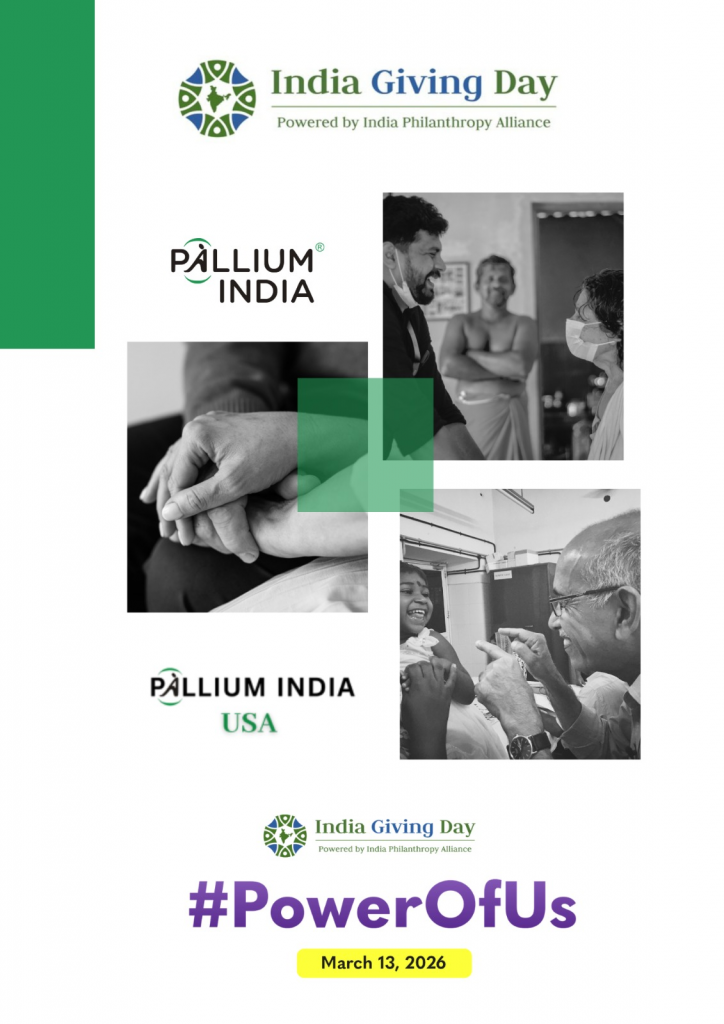You live longer only when you stop trying to live longer?
by Dr M R Rajagopal
Medicine is not an exact science. Doctors’ predictions notoriously turn out to be untrue at times. Dominic Wilkinson argues that a minority of people will indeed defy predictions and live longer than expected. He calls this “the Palliative Paradox” and wonders whether Atul Gawande was right when he said, “you live longer only when you stop trying to live longer”.
Wilkinson compares conventional medical treatment to a river while palliative care is the path that runs alongside. You may get out of the water and walk a bit, and may decide to go back into the water and swim a while. True; this is what happens indeed. Some people continue to swim even when they have been weakened. They would swim against the current and die exhausted, swimming. Others may even enjoy the walk to the end.
Let us hope that the two will merge some day and that the water will flow gentle because the river is now wider and peaceful.
Those who continue to swim in the chaotic waters occasionally may find that the effort has been worthwhile, even while 99% of their comrades suffer and wither. For me, I would quote the anonymous young man who wrote:
Frankly, the most disturbing responses I have encountered to my illness – the responses that, however well-intentioned, leave me with an awful unhappiness – are the “miracle” stories, both secular and spiritual. Everyone has some story – a pilgrimage to Lourdes, a special macrobiotic diet, some scientist in Arizona who “cured” someone who was also given “just a few months to live”.
I don’t doubt that such things happen. I know too much about cancer to underestimate the sheer unpredictability of the disease. But I also know that telling such stories – at least to me – is like telling a person facing bankruptcy that you have a friend who bought a lottery ticket for just one dollar and, what do you know, now the friend is a millionaire!
(Anonymous: A letter to friends. Journal of Pain and Symptom Management. 21:4; 2001).






